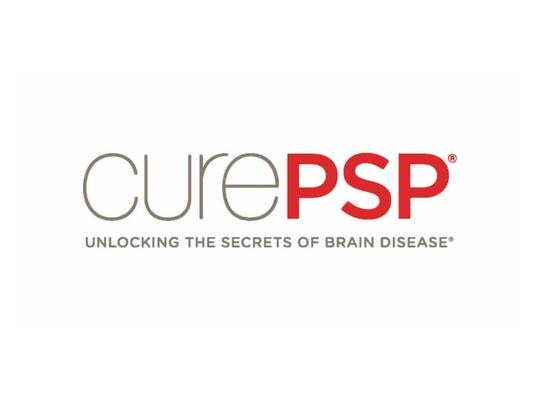NEW YORK (GenomeWeb) – The Perelman School of Medicine at the University of Pennsylvania announced today that it has received a grant from the National Institutes of Health’s National Institute on Aging to establish the Coordinating Center for Genetics and Genomics of Alzheimer’s Disease in collaboration with five other institutions.
Of the $10.8 million total award, UPenn will receive about $4.5 million over five years.
The center will be led by UPenn Professors Gerard Schellenberg and Li-San Wang, and will include investigators from Boston University, Case Western Reserve University, Columbia University, the University of Miami, and the University of Indiana.
The collaborators will collect and harmonize data on the genetics of AD, as well as accompanying physiological data, in a central database with the aim of finding therapeutic targets. This will include data from non-NIA-funded studies. The new center will collect genomic sequence data from AD patients and elderly cognitively normal subjects, and the researchers will use these data in an effort to identify genes that cause or protect against AD and other diseases.
The team also plans to analyze new sequence data from an additional 3,000 AD. In addition, they intend to study genomic data from 111 large families that have multiple AD members of Caucasian and Caribbean Hispanic descent to identify rare genetic variants.
“By coordinating the identification of Alzheimer’s-related genes, the center’s team aims to find new therapeutic targets to reduce the economic and human burden caused by this disease,” Schellenberg said in a statement. “This is an exciting opportunity to apply new technologies to improve our understanding of the biological pathways underlying this devastating disease. The new center will stimulate collaborations between hundreds of US and international Alzheimer’s genetics researchers by aggregating and analyzing very large data sets and sharing the results. This type of global interaction is needed if we are to make progress in solving this devastating illness.”




